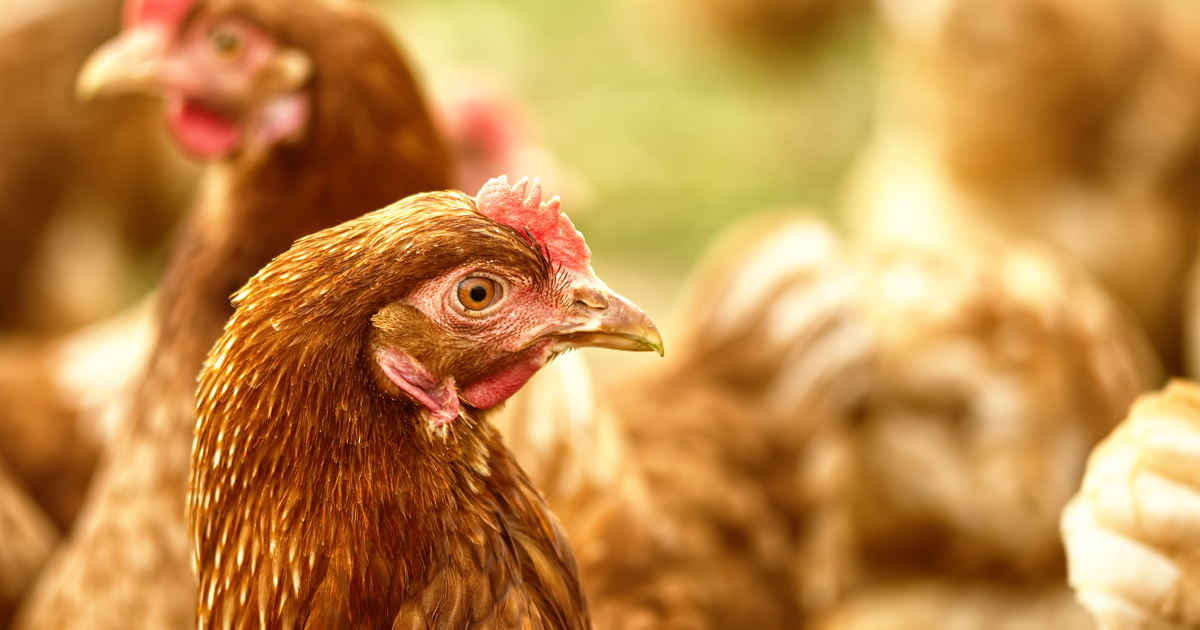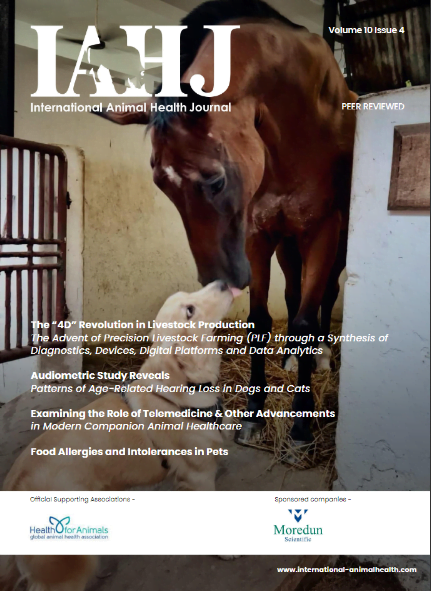Research suggests gene editing techniques may be able to produce birds resistant to avian influenza virus.

Scientists have used gene editing techniques to stop the bird flu virus from spreading in chicken cells grown in a laboratory.
The findings raise the possibility of producing gene-edited chickens that are resistant to the disease.
Next step
The researchers prevented the virus from taking hold by deleting a section of chicken DNA inside lab-grown cells. The next step will be to try to produce chickens with the genetic change.
No birds have been produced yet, the team said.
Gene editing techniques
Scientists targeted a specific molecule inside chicken cells called ANP32A (acidic nuclear phosphoprotein 32 family member A). Researchers at Imperial College London found that during an infection, flu viruses hijack this molecule to help replicate themselves.
Working with experts from The University of Edinburgh’s Roslin Institute, the researchers used gene editing techniques to remove the section of DNA responsible for producing ANP32A.
They found the virus was no longer able to grow inside cells with the genetic change.












